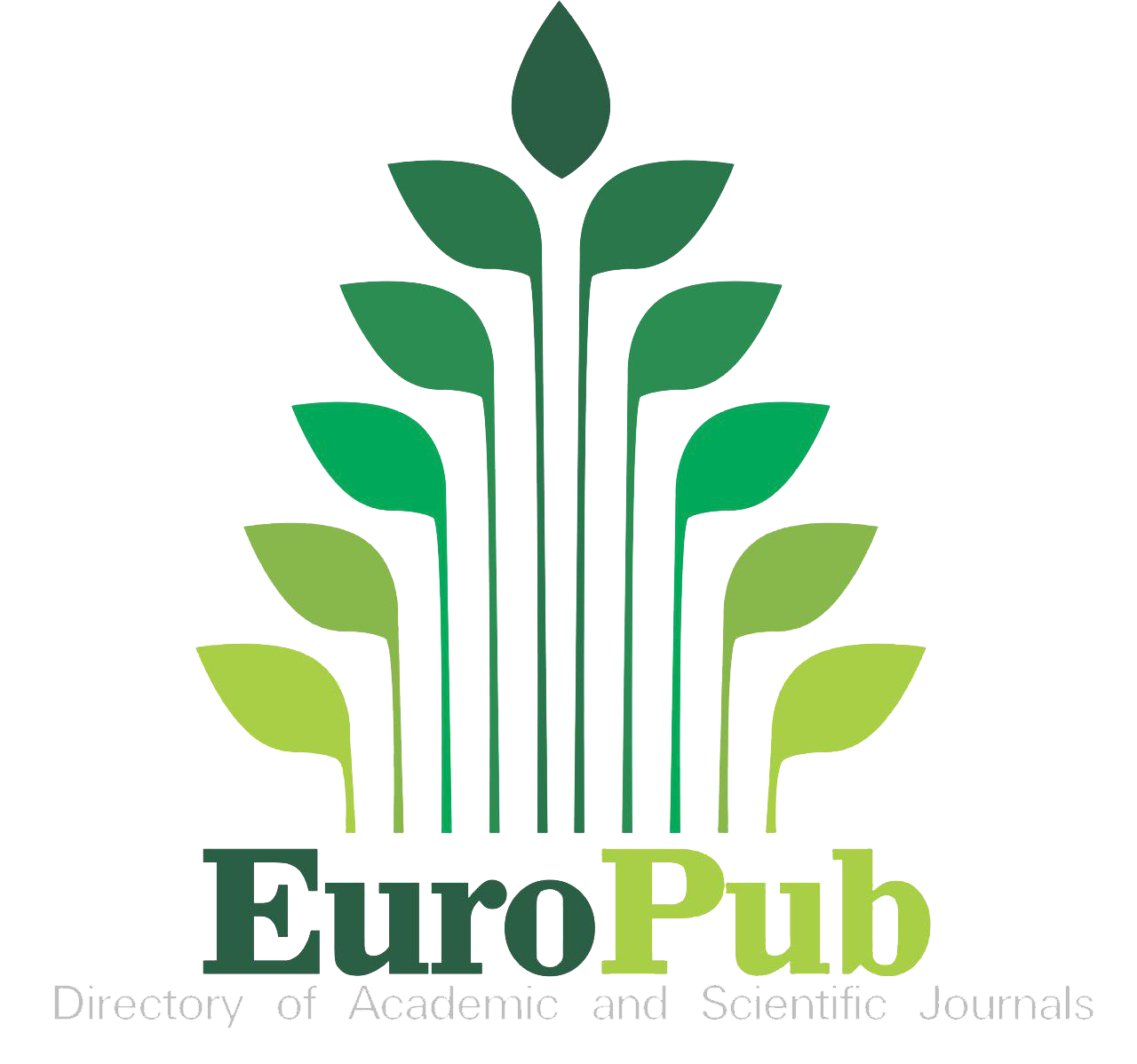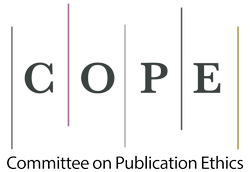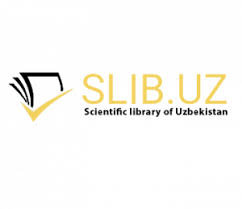Methods and Importance of Teaching a Second Foreign Language to Pre-school Children
Keywords:
Second Language Acquisition, Early Language Learning, Preschool Education, Play-Based Learning, Immersion, Explicit Instruction, Cognitive Development, Cultural AwarenessAbstract
This article examines the methods and significance of teaching a second foreign language to preschool children. It argues that early language exposure can foster cognitive development, enhance linguistic abilities, and cultivate cultural understanding. The article explores effective pedagogical approaches, including play-based learning, immersion, and explicit instruction, emphasizing the crucial role of engaging activities, authentic materials, and sensitive scaffolding.
References
Bialystok, E. (2009). Bilingualism: The benefits for brain and mind. The Psychologist, 22, 105-108.
Bialystok, E. (2001). Bilingualism in development. Psychological Bulletin, 127, 459-491.
Bialystok, E. (2011). Cognitive control and bilingualism: An advantage for the aging brain. Psychology and Aging, 26, 635-644.
DeKeyser, R. (2000). The robustness of the input hypothesis: Evidence from instructed L2 learning. Studies in Second Language Acquisition, 22, 497-523.
Ellis, R. (1994). The study of second language acquisition. Oxford: Oxford University Press.
Gardner, R. C. (2001). Attitude and Motivation in Second Language Learning. Clevedon: Multilingual Matters.
Genesee, F. (1998). Early immersion in Canada: Research findings and policy implications. International Journal of Bilingual Education and Bilingualism, 1, 1-18.
Johnson, J., & Christie, J. (2005). Play and Learning in Early Childhood. Sydney: Pearson Education Australia.
Kohnert, K. (2010). The bilingual advantage: A review of the experimental evidence. Developmental Review, 30, 133-152.
Kohnert, K. (2004). The bilingual advantage: Are bilinguals better at inhibiting irrelevant information? Journal of Experimental Child Psychology, 87, 185-202.
Krashen, S. D. (1996). The Input Hypothesis: Issues and Implications. London: Longman-Pearson.
Kuhl, P. K. (2004). Early language acquisition: Cracking the neural code. Nature Reviews Neuroscience, 5, 831-843.
Snow, C. E. (2003). The Role of Language in Early Childhood. New York: Routledge.
Vygotsky, L. S. (1978). Mind in Society: The Development of Higher Psychological Processes. Cambridge, MA: Harvard University Press.





























